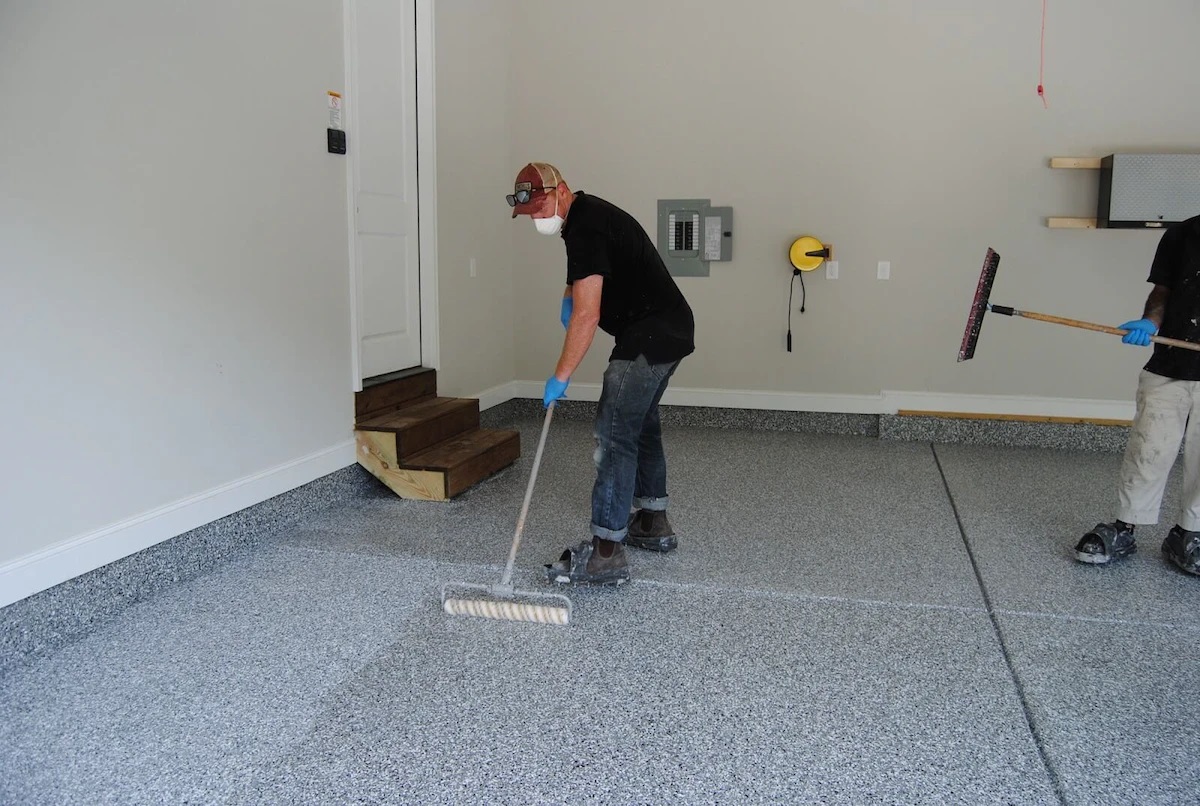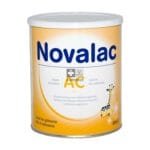So, you’re looking to revitalize your garage floor with a durable, resilient finish? A polyurea coating might be just what you need. This 2024 guide breaks down the costs associated with polyurea garage floor coatings, exploring everything from DIY options to professional installation, empowering you to make an informed decision.
Decoding Polyurea Costs
Polyurea coatings offer exceptional toughness and longevity, making them a popular choice. But how much do they cost? Let’s explore the factors that influence pricing.
What Impacts the Price?
Several elements contribute to the overall cost of a polyurea garage floor coating:
Garage Dimensions: The larger the area, the more material required, and thus, the higher the cost. A standard two-car garage is typically around 400-600 square feet. Accurate measurements are crucial for precise estimates.
Existing Floor Condition: A pristine, smooth concrete surface is ideal. However, if your floor has cracks, stains, or other damage, additional preparation or repairs may be necessary, increasing the overall cost.
Coating Thickness: Thicker coatings offer greater protection but require more material, impacting the final price. While most professionals recommend a standard thickness for garage floors, exploring different options and their associated costs is beneficial.
Color and Finish Preferences: Standard gray is typically the most economical choice. Custom colors, decorative flakes, or specialized finishes will likely add to the expense.
Labor Costs (Professional Installation): Labor is a significant portion of professional installation costs. Rates vary based on location, contractor experience, and project complexity. Obtaining multiple quotes from reputable contractors is always a good practice.
| Cost Factor | Impact on Price | Example |
|---|---|---|
| Garage Size (sq ft) | Increases | 200 sq ft vs. 600 sq ft |
| Floor Condition | Increases if poor | Cracked vs. Smooth Concrete |
| Coating Thickness | Increases | Thicker coating = More Material |
| Color/Finish | Increases for custom | Basic gray vs. Metallic flakes |
| Professional Labor | Varies | Get multiple quotes from reputable installers! |
DIY or Pro? Making the Call
One of the biggest decisions is whether to tackle the project yourself or hire a professional.
DIY:
- Pros: Potential cost savings on labor, greater control over the process and timeline, and the satisfaction of a job well done.
- Cons: Requires time, effort, and specialized skills. Mistakes can be costly to fix and may void manufacturer warranties.
Professional Installation:
- Pros: Expertise ensures a high-quality, durable finish, often backed by a warranty, saving you time and effort.
- Cons: Higher overall cost and less control over the project schedule.
Polyurea vs. the Alternatives: Is It Worth the Premium?
Polyurea tends to be more expensive than epoxy or polyurethane. However, its superior durability, chemical resistance, and extended lifespan can lead to long-term cost savings. Explore the fascinating world of the thermocouple for precise temperature measurement, essential for certain coating applications. Consult the 407C PT Chart for accurate temperature conversions.
Thinking Long-Term: Beyond the Initial Investment
When evaluating the cost of a polyurea garage floor coating, consider the long-term value. A durable and attractive garage floor enhances your property’s curb appeal, potentially increasing its resale value. The low-maintenance nature of polyurea minimizes future repair or touch-up expenses.
Making the Right Choice
The best choice depends on your budget, DIY skills, and desired level of durability. By carefully weighing these factors, you can make an informed decision. Consulting with professionals and gathering multiple quotes is highly recommended.
How Much Does It Cost to Polyurea Coat a 2-Car Garage?
Let’s get specific. You’re envisioning a resilient, gleaming polyurea floor for your two-car garage. Excellent choice! Now, let’s explore the costs involved.
Cost Breakdown: A Closer Look
| Expense Category | Description | Estimated Cost Range |
|---|---|---|
| Materials | Polyurea base and topcoat, primers, sealers. | $3 – $5 per square foot |
| Surface Preparation | Cleaning, grinding, crack repair, moisture mitigation. | $1 – $3 per square foot |
| Labor | Professional installation costs (can vary significantly by region). | $4 – $7 per square foot |
| Additional Costs | Edge sealant, non-slip additives, custom colors or designs. | Variable, typically under $1,000 |
Total Estimated Cost for a 2-Car Garage (400-600 sq ft): $3,200 – $7,800 (This is a broad estimate. Actual costs can vary significantly.)
DIY vs. Professional Installation: Weighing the Pros and Cons
DIY Route:
- Pros: Significant cost savings on labor, personal satisfaction.
- Cons: Requires time, effort, meticulous preparation, and precision; potential for costly mistakes; may void warranties.
Professional Installation:
- Pros: Expertise ensures high-quality finish, faster completion, often includes a warranty, less stress.
- Cons: Higher overall cost, less control over the process and timing.
Polyurea vs. Alternatives: Justifying the Price Difference
Polyurea’s superior durability and resilience come at a premium compared to epoxy or paint. While epoxy and paint are more budget-friendly initially, they may require more frequent repairs or recoating, potentially costing more in the long run.
The Big Picture: Long-Term Cost Considerations
Polyurea’s longevity translates to long-term savings, as you’ll probably recoat your garage floor less often than with epoxy or paint. A well-maintained garage floor also boosts curb appeal and potentially increases resale value.
Is Polyurea Cheaper Than Epoxy?
No. Polyurea generally has higher upfront costs than epoxy, both for materials and installation.
Why the Price Difference?
Polyurea’s exceptional resilience, chemical resistance, and UV stability contribute to its higher cost. It’s like comparing a high-performance sports car to a standard sedan – both provide transportation, but one offers superior performance and features.
Estimating the Investment
| Coating | Material Cost/sq ft | Installation Cost/sq ft | Typical Lifespan (Years) |
|---|---|---|---|
| Epoxy | $1-$3 | $2-$4 | 5-10 |
| Polyurea | $3-$5 | $4-$7 | 15-20+ |
Note: These are estimates. Actual costs vary based on project size, location, and other factors.
The Long View: Considering Lifetime Costs
While epoxy might seem cheaper initially, polyurea’s durability and minimal maintenance can lead to long-term cost savings.
Is Polyurea Garage Floor Coating Worth It?
The “worth it” question depends on your individual needs and priorities. If durability, longevity, and minimal maintenance are paramount, polyurea is likely a worthwhile investment.
Understanding the Price of Durability
Polyurea offers exceptional protection and a sleek finish, but it comes at a cost. Factors like garage size, coating thickness, and floor condition influence the final price.
DIY or Hire a Pro?
DIY polyurea kits are available, but professional installation is often recommended to ensure a high-quality, long-lasting finish. Professionals have the expertise and equipment to handle the complexities of polyurea application, minimizing the risk of errors and maximizing its performance.
Thinking Long-Term: The Value Proposition
Polyurea’s exceptional durability suggests fewer repairs and less frequent recoating, potentially resulting in substantial long-term savings. It also enhances curb appeal and may boost resale value.
Polyurea vs. Epoxy: A Side-by-Side Comparison
| Feature | Polyurea | Epoxy |
|---|---|---|
| Cost | Higher | Lower |
| Durability | Superior | Good |
| Chemical Resistance | Excellent | Moderate |
| UV Resistance | Excellent | Fair |
| Installation | Faster, Professional Often Preferred | DIY-friendly |
| Lifespan | Longer | Shorter |
Ultimately, the best choice depends on your budget, how you use your garage, and your long-term goals. If durability and longevity are top priorities, polyurea’s benefits likely outweigh its higher initial cost. If you’re on a tighter budget, epoxy may be a viable alternative.
- How Many Days is 100 Years: Precise Calculation & Gregorian Calendar Nuances - March 15, 2025
- How Many Days in 100 Years: Precise Calculation & Gregorian Calendar Implications - March 15, 2025
- Explore White and Sea: A Comprehensive Overview - March 15, 2025
















